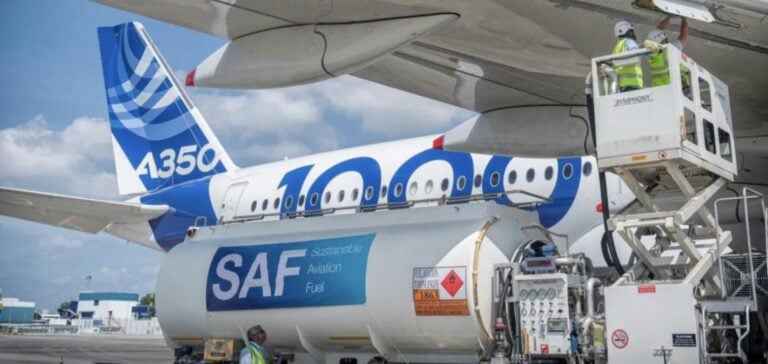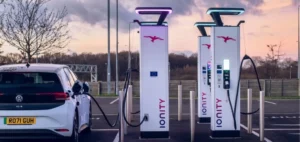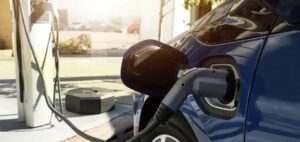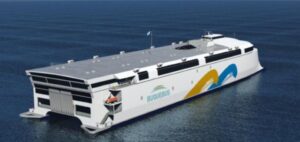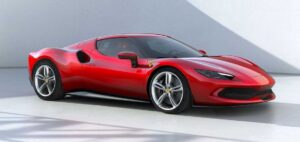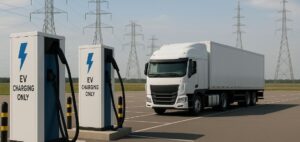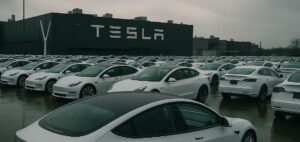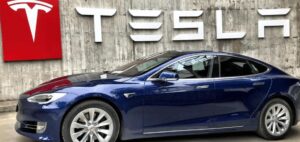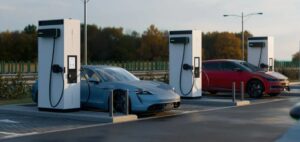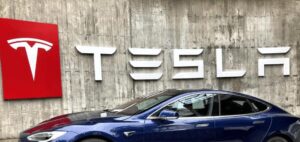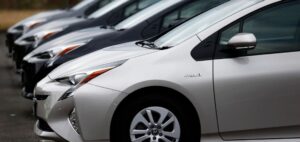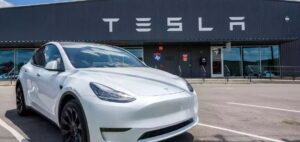HIF Global and Airbus announce a strategic collaboration to promote e-Fuels, also known as e-Sustainable Aviation Fuels (e-SAF).
This initiative uses the methanol-jet fuel (MTJ) process to produce sustainable fuels, thereby reducing CO2 emissions in the aviation sector.
By combining recycled CO2 and green hydrogen derived from renewable electricity, these fuels can be used directly in today’s aircraft without the need for engine modifications.
The agreement, signed at the Farnborough Air Show, covers four main areas: technical, project development, commercial and advocacy.
This structure aims to accelerate the implementation of e-SAFs worldwide, responding to a growing demand for sustainable fuels as air traffic continues to grow.
A Growth Context for Sustainable Fuels
The International Energy Agency (IEA) predicts that aviation activities will double by 2030, increasing the pressure to find sustainable solutions.
e-SAFs represent a viable answer, offering a substantial reduction in CO2 emissions.
Their compatibility with existing infrastructures makes them an attractive solution for airlines seeking to reduce their carbon footprint without high conversion costs. HIF Global is positioning itself as a leader in this transition by developing large-scale e-SAF production facilities.
The flagship project, located in the USA, benefits from the expertise of partners such as Johnson Matthey and Honeywell UOP, involved in the preliminary engineering studies.
Challenges and opportunities of e-Fuels
The development of e-Fuels presents technical and economic challenges, but also significant opportunities for the airline industry.
With traditional fuels increasingly regulated and taxed, e-Fuels offer a sustainable alternative that can help airlines meet their emissions reduction targets.
In addition, supportive government policies and investment in production infrastructure are essential to accelerate their adoption.
Market prospects for e-Fuels are promising.
The need to decarbonize the aviation sector is driving industry players to invest in clean technologies.
Collaborations, such as the one between HIF Global and Airbus, are crucial to overcoming obstacles and deploying innovative solutions on a large scale.
Impact on the Airline Sector and Future Prospects
The transition to e-Fuels could transform the airline industry by reducing its dependence on fossil fuels.
Integrating e-Fuels into daily airline operations would reduce CO2 emissions while maintaining economic growth and global connectivity.
However, the success of this transition depends on a number of factors, including regulatory support, tax incentives and international cooperation.
HIF Global and Airbus are leading the way in this sustainable path.
Their partnership aims to establish standards for the production and use of e-Fuels, while raising awareness of the benefits of these fuels among the public and political decision-makers.
With projects underway in the USA, Uruguay, Australia and Chile, HIF Global is well placed to become a key player in e-SAF production.
This initiative could also stimulate further investment in clean technologies and encourage other companies to follow suit.
The collaboration between HIF Global and Airbus represents an important step towards a more sustainable future for aviation.
By integrating e-Fuels into their decarbonization strategies, these companies are helping to combat climate change and promote responsible economic growth.

